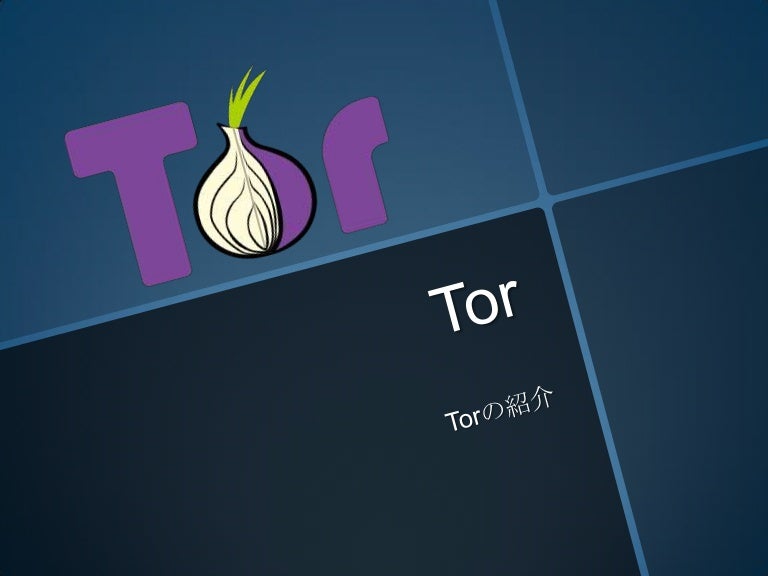
Tor is also frequently used to access what is sometimes called the dark web, including Tor hidden services, which are sometimes linked to illegal activity, although not necessarily so. This extra protection is used by people looking to hide their tracks on the world wide web and the internet in general – anyone from activists living under authoritarian regimes to petty criminals or even terrorists, as well as law-abiding individuals for whom privacy is a priority concern.

The “onion” metaphor is used to indicate the layers upon layers of encryption applied, rendering it difficult to determine who you are and track your online activities.Įffectively, this means that website admins and other internet users cannot find out information about who and where you are, and what you have been up to online. Specifically, Tor is a communication protocol that uses a network of relays to stop others from tracking you. It stands for The Onion Router and works to hide your IP and location, making less known about you than conventional browsing methods. The suffix -tor occasionally is added to a noun to create an agent noun, often in the extended form -ātor, as if from a first-conjugation verb.Generally speaking, Tor is a privacy tool used to communicate online anonymously. The suffix -tor is added to the fourth principal part of a verb to create a third-declension masculine form of an agent noun.Ĭantor ( “ male singer ” ) masculine counterpart of cantrīx ( “ female singer ” ), from canō ( “ I sing ” ) tōnsor ( “ male hair cutter ” ) masculine counterpart of tōnstrīx ( “ female hair cutter ” ), from tondeō ( “ I shear, shave ” ) quadrātor ( “ stonecutter ” ), from quadrō ( “ I make square ” )

Aromanian Alternative forms įrom Vulgar Latin -torius, -torium, and feminine -toari, toare from Vulgar Latin -toria, -toriam, both from Latin -tor.


 0 kommentar(er)
0 kommentar(er)
